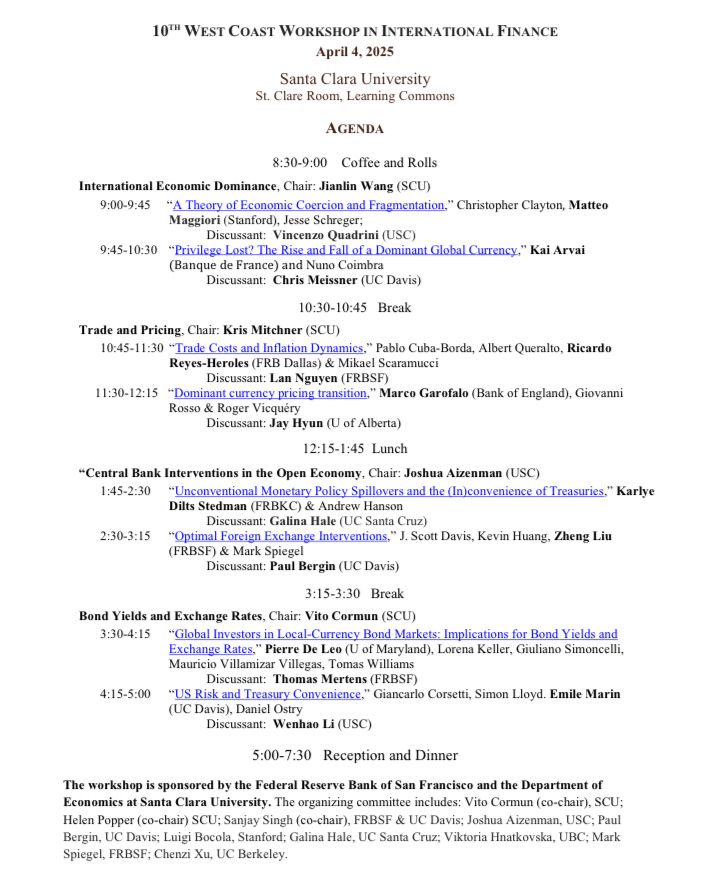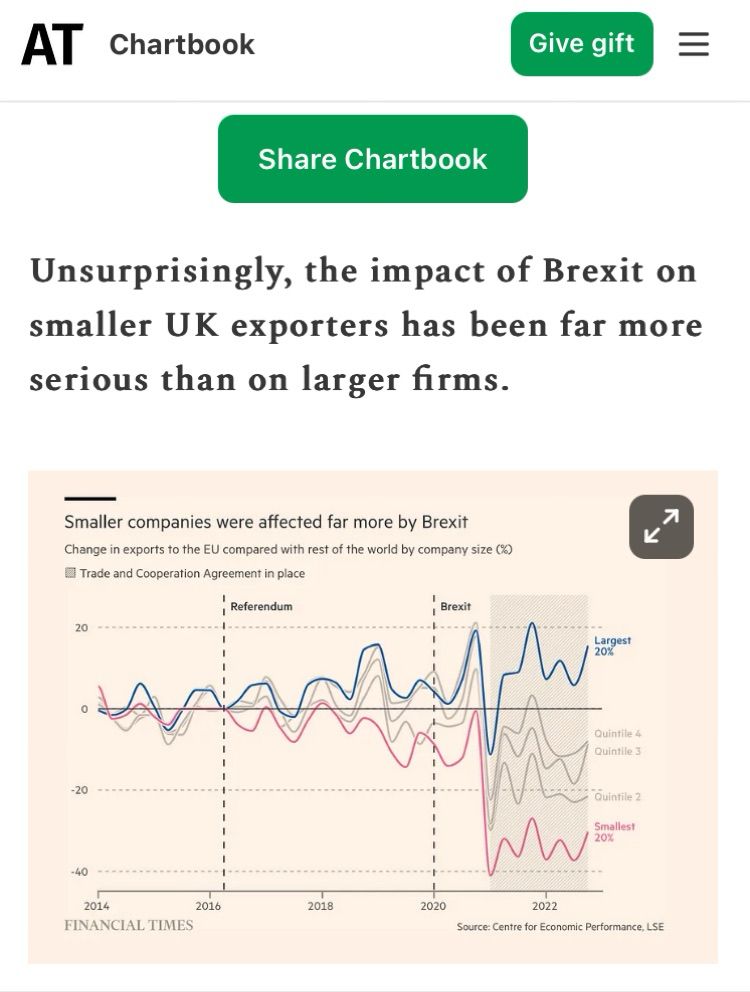Marco Garofalo
@marcogarofalo.bsky.social
98 followers
120 following
22 posts
Senior economist @bankofengland PhD student @OxfordEconDept @UniofOxford ⚽️ Long-suffering AS Roma fan 🇮🇹🇳🇱🇪🇺🇬🇧 RTs ≠ endorsements, any views my own.
Website: https://sites.google.com/view/marco-garofalo/home
Posts
Media
Videos
Starter Packs
Pinned
Reposted by Marco Garofalo
Reposted by Marco Garofalo
Chatham House
@chathamhouse.org
· Jun 6

Ukraine’s Operation Spider’s Web is a game-changer for modern drone warfare. NATO should pay attention
The use of cheap drones to strike targets deep within Russia provides a blueprint for rapidly evolving modern warfare that should inform how states seek to defend themselves.
www.chathamhouse.org
Reposted by Marco Garofalo
Reposted by Marco Garofalo
Marco Garofalo
@marcogarofalo.bsky.social
· Apr 15
Marco Garofalo
@marcogarofalo.bsky.social
· Apr 15
Marco Garofalo
@marcogarofalo.bsky.social
· Apr 15
Marco Garofalo
@marcogarofalo.bsky.social
· Apr 15
Marco Garofalo
@marcogarofalo.bsky.social
· Apr 15
Marco Garofalo
@marcogarofalo.bsky.social
· Apr 15
Reposted by Marco Garofalo
Reposted by Marco Garofalo
Reposted by Marco Garofalo
Reposted by Marco Garofalo
Marco Garofalo
@marcogarofalo.bsky.social
· Mar 12
Deep integration and trade: UK firms in the wake of Brexit - ORA - Oxford University Research Archive
How does dismantling deep integration affect international trade? This paper provides new evidence on the consequences of disintegration by estimating the impact of Brexit on goods trade by UK firms. The UK’s exit from the EU’s single market and customs union in January 2021 led to an immediate,
ora.ox.ac.uk










